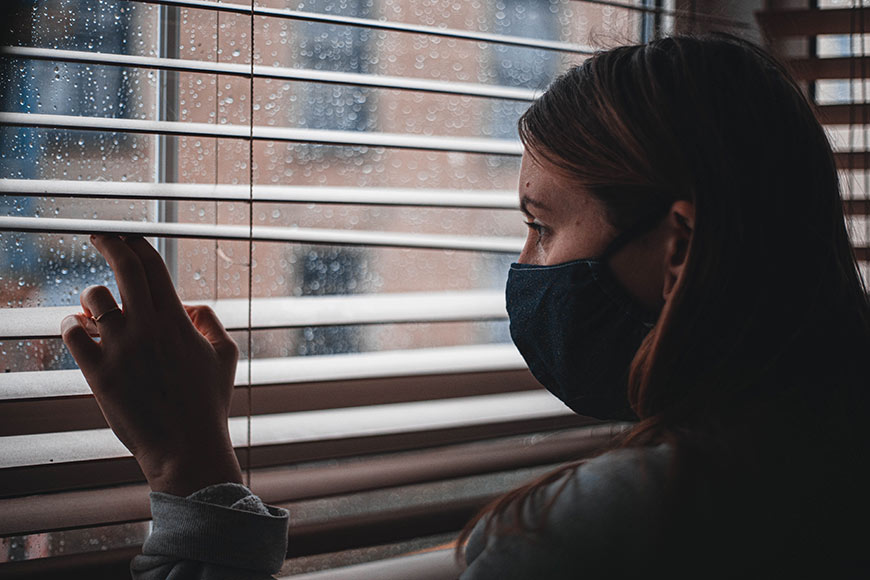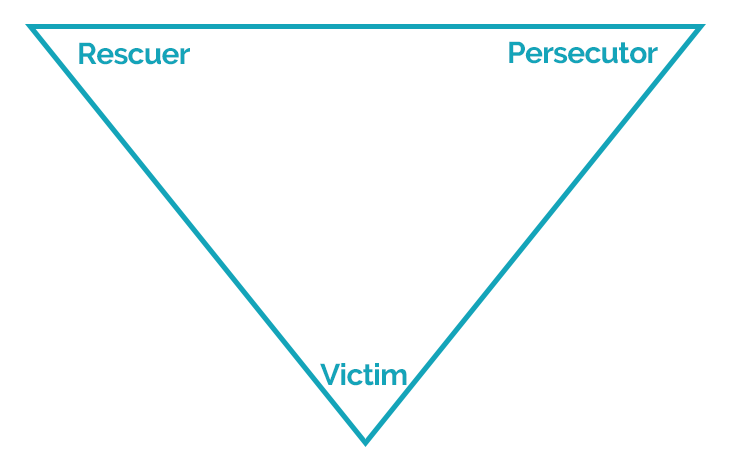|
The Compassionate Manager: A Trauma-Sensitive Approach to Managing in the Era of Covid-19 This article takes a helpful look at how bosses can help staff regain perspective and a better sense of emotional wellbeing as the pandemic eases: Our Covid-19 workplace (office and virtual) is going to become an even more integral part of how individuals and communities recover and heal. We will need employers to solve the immense logistical, physical, and psychological safety challenges that will allow us to settle into our version of the new normal. At the same time, we will be leaning heavily on managers to be completely committed to their evolving role... AUTHOR: JENNY ROGERS
0 Comments
One of the resources within the mature integrated healthy self is the capacity to face the truth and take responsibility for ourselves and our behaviour. That is, not to look to others to take responsibility for us, or to deny the truth so we don’t take responsibility for our actions. Another capacity is to not take responsibility, or blame ourselves, for things we are not responsible for. The Drama Triangle, developed by Professor Stephen Karpman in 1968, illustrates the interpersonal dynamics that can arise between two people. It has given so many people such a lot of insight over the years. I think I have taught it to all development groups I have been working with. In trauma terms, all the adult roles here, that is victim, perpetrator and rescuer, are survival defences. The victim is in survival victim-attitude. This is not the same as the feelings of intense vulnerability, fear and rage from being perpetrated on which may be triggered by events in the here and now. We can acknowledge we are a victim of persecution, which is facing the truth, but not identify with victim-hood which is a survival defence against that knowledge. For example, if we slump our body, saying it is all useless or we are useless, or when we tell ourselves we are stuck, we give away our power and autonomy. In some ways this is to identify with the perpetrator who also took away our power and autonomy.
In Joan Halifax’s Standing at the Edge, she offers the idea of responsibility associated with these drama triangle rotes. She states:
I am currently writing about daughters, mothers and emotional trauma. The drama triangle is often a big feature of relationships held together by trauma. Daughters become ‘compulsive rescuers’; mothers are seen as ‘persecutors’ daughters feel they must appease or feel helpless to move away from; mothers can be in victim-attitude not taking responsibility for their life decisions; daughters may also become persecutors from their repressed hatred and rage. Halifax offers guidance to which I have added about stepping out of the drama triangle dynamic, and returning to resourcing and connecting with the Healthy Self:
The message for me as an adult is to take responsibility for my part in any difficulty. I can ask myself the question ‘in what way am I part of this?’. This is a useful for any event, whether an interpersonal one or not. It is also important when considering racism, misogyny, climate change and other systemic or societal themes. We can become a bystander or take up a victim-attitude towards it, thinking there is nothing we can do. It is essential we reflect on this from our healthy self, or there will be self-blame, self-recrimination, denial or illusion. Our contribution might not have been perpetration, it might have been a numbness, apathy, avoidance. blindness or normalisation. Otto Scharmer (https://www.ottoscharmer.com/) talks of three types of blind spots. Those I don’t see, what I see but can’t feel or connect with, what I see, sense or feel but can’t be bothered to act on. For example, I noted for myself this week something about my engagement with the sexual violence perpetrated on women. I see myself as a feminist and someone aware of all the issues. As part of that sense of ‘being involved’ I completed an online questionnaire Dr Jessica Taylor (@DrJessTaylor and author of ‘Why Women are Blamed for Everything’) was doing on this topic. I ended up shocked at the possibilities she suggested where sexual violence could be involved. I came face to face with my ignorance of the prevalence and realised I wasn’t really engaged. I just thought I was which isn’t the same at all. I completed it, thinking how fortunate I was to have been so untouched by such experience. Within a minute however, I realised that I had failed to acknowledge many of my experiences of sexual harassment, and that I had metaphorically ‘waved them away’. My question ‘in what way am I part of this’ was answered by my raising my awareness about my three levels of blindness. Photo by ryota nagasaka on Unsplash AUTHOR: JULIA VAUGHAN SMITH |
News blogArchives
May 2024
Access Octomono Masonry Settings
|


